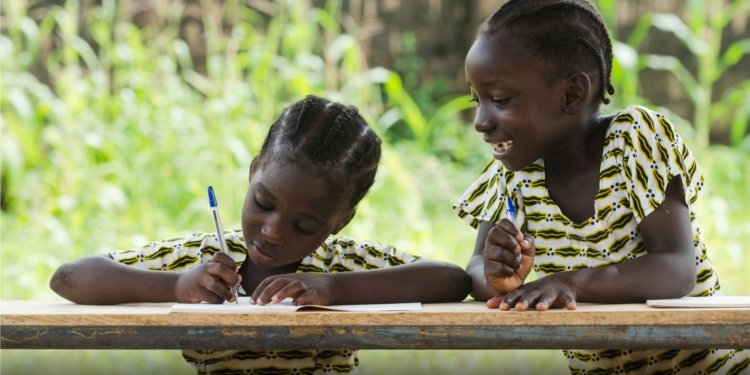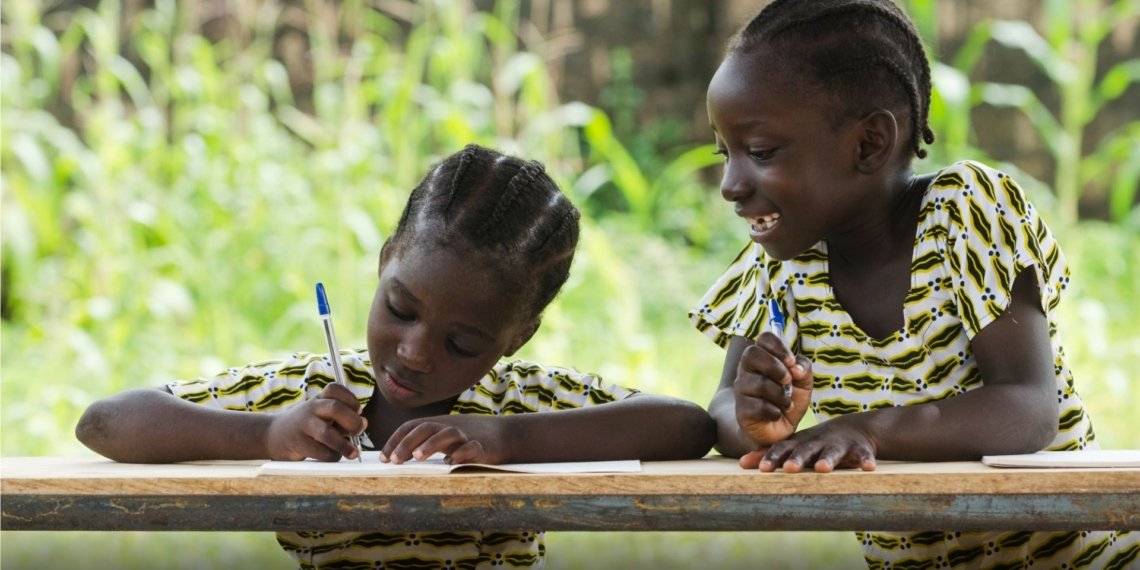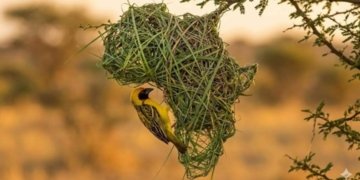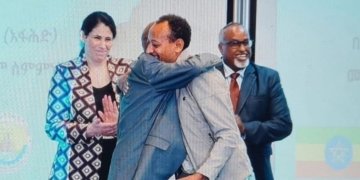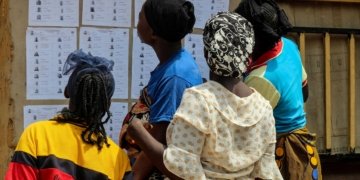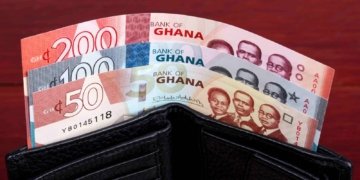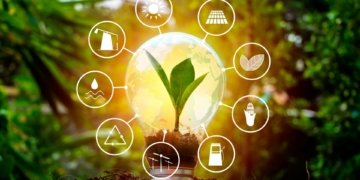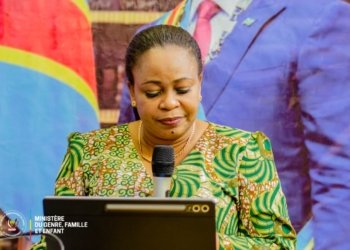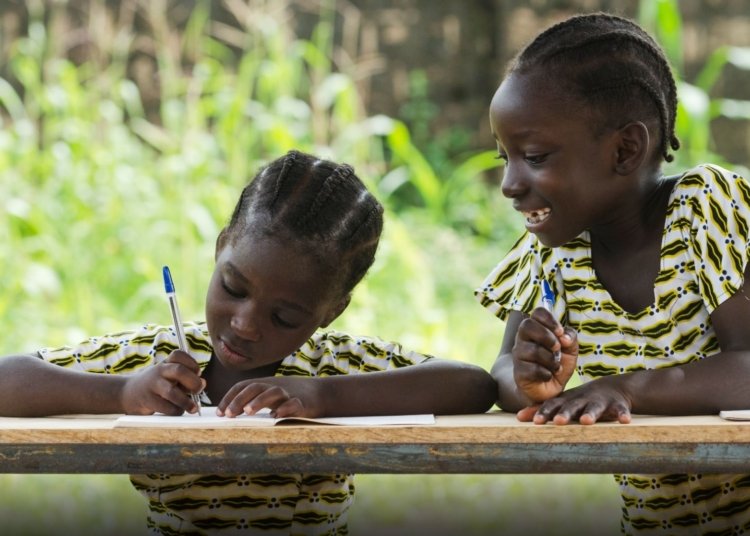Reflecting on my school days, I was an average student whose parents, immigrants from French-speaking Cameroon, enrolled my siblings and me in school with specific expectations. They wanted us to learn English, earn our diplomas, and secure decent jobs. Our teachers reinforced this narrative, calling our diplomas “a secure passport” to prosperity. I believed them completely.
Today, despite my academic achievements, I find myself working below my qualifications. This reality affects countless young Africans across the continent. We studied hard and harbored dreams of fulfilling careers, only to face limited opportunities upon graduation. The gap between education and employment stems from multiple factors including favoritism, nepotism, tribalism, volatile job markets, and the persistent aftershocks of global disruptions.
These contradictions haunted me until literature provided clarity. The Sun of Independence reflected my post-graduation disillusionment, while the late Ngũgĩ wa Thiong’o’s Decolonising the Mind cut deeper, exposing how colonization infiltrated our language, thoughts, and self-perception. These works inform me and helped me understand something I had long felt but struggled to name.
This remains deeply personal for me. I am still trying to understand what was taken from us, to reclaim what was pushed aside, and to rebuild with what remains.
Born Before Her Time evokes memories of my elder sisters and the constraints they faced. They were denied the right to think independently or make life choices. Many girls in their generation were married by age ten, their futures confined to domestic roles.
That world is shifting. New ideas are taking root, and I hold onto persistent hope. Today, I declare with certainty, “I will marry when I want.” I carry the voices of those who came before me while walking a path that refuses silence.
I do not accept that “the beautiful ones are not yet born.” I see them everywhere around me. They are my ambitious, determined peers, the young women quietly reshaping their circumstances on their own terms.
History remains close to us. The wounds, the theft of dignity, the systematic attempts to erase our sense of self continue to shape our collective experience. “Two thousand seasons” tell of endurance. There is more to who we are.
Colonialism attempted to strip away identity, perpetuating the lie that being African meant being lesser, that we had no meaningful past. Frantz Fanon challenged this narrative, demonstrating that race is social construction rather than biological truth. Building on Sartre’s philosophy of freedom, Fanon showed that while our stories influence our lives, they do not predetermine our destiny. The past informs us without imprisoning us.
We may lack every detail of pre-colonial centuries, but what we do know matters profoundly. Long before European contact, African cultures thrived. This truth offers more than comfort. It provides strength and connects us to our ancestors’ resilience.
Healing requires confronting uncomfortable truths that resist simple answers. Change means standing in the presence of pain, learning from it, and moving forward with determination.
We have no reason to carry shame about our past. We have a responsibility to shape what comes next.
Writers, artists, and thinkers across the continent must tell fuller versions of our story. Africa never colonized others, never imposed its language or culture on foreign lands. Even after centuries of disruption, our traditions, languages, and beliefs survive. The scars are real, and so is what endures.
Colonization scattered and divided communities, but it could not break our essential spirit. Our languages live on in pidgin English, in Camfranglais, in the expressions born from challenge and creativity.
The promise of education may have proven incomplete, but it was not entirely false. Education equipped us with tools to understand our situation and articulate our experience. The problem was not learning itself but the narrow vision of what that learning should achieve.
Reclaiming Our Narrative
Today’s young Africans are redefining success, creating opportunities where none existed, and building futures that honor both tradition and innovation. We are writing new stories that acknowledge historical wounds while celebrating enduring strength.
We were. We are. And we remain invictus.We are Africa.
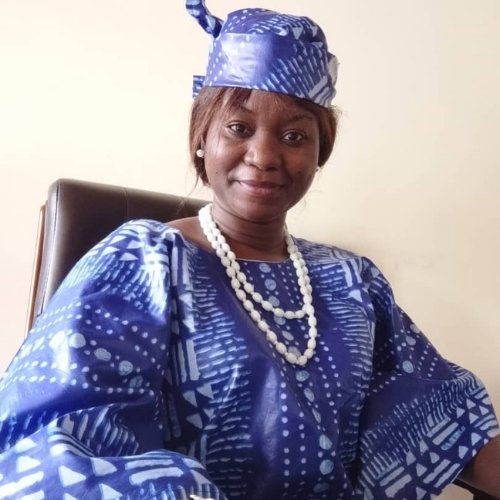
Bappa Elianeis a global education ambassador, strategic communications, public relations and outreach professional.
